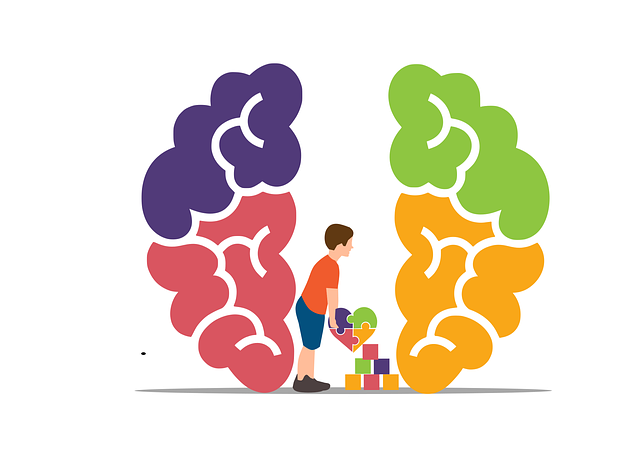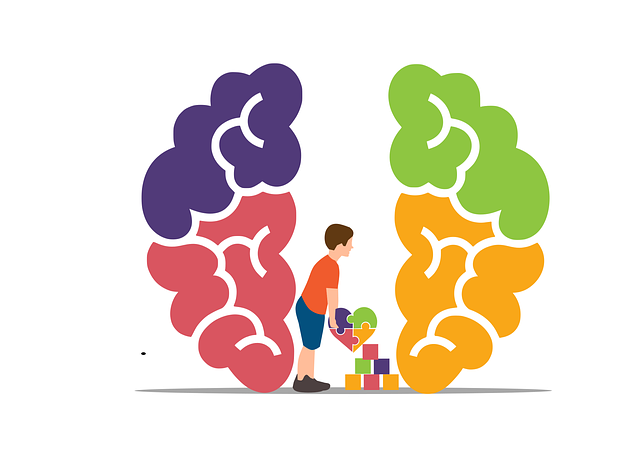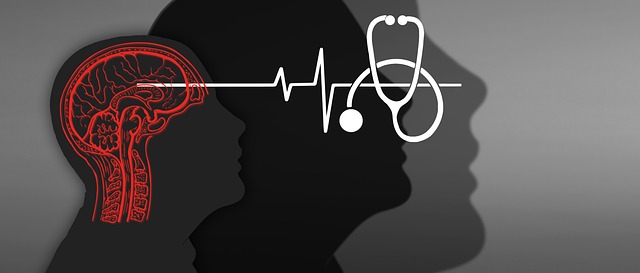Longmont Sexual Dysfunction Therapy provides specialized social skills training to address intimacy issues rooted in anxiety, depression, or trauma. Through tailored coping strategies, self-awareness, effective communication, and crisis guidance, individuals gain confidence in social situations, manage stress, and build supportive connections. This approach not only treats sexual dysfunction but also prevents healthcare provider burnout. By focusing on healthy social connections, Longmont Sexual Dysfunction Therapy empowers clients to overcome past traumas, engage in meaningful conversations, and develop strong relationships essential for mental health and life satisfaction.
Social skills training is a powerful tool for managing mental health conditions, especially those like Longmont Sexual Dysfunction Therapy that often impact social interactions. This comprehensive guide explores the intricate link between social abilities and mental well-being, delving into therapeutic approaches that foster healthier connections. We’ll discuss how therapy empowers individuals to navigate social situations with confidence and provide practical strategies for cultivating meaningful relationships. By understanding these aspects, you can enhance your journey towards improved mental health and overall life satisfaction.
- Understanding the Connection Between Social Skills and Mental Health
- The Role of Therapy in Enhancing Social Interaction for Conditions Like Sexual Dysfunction
- Practical Strategies for Developing and Maintaining Healthy Social Connections
Understanding the Connection Between Social Skills and Mental Health

Social skills training plays a pivotal role in managing and improving mental health conditions. The connection between social skills and mental well-being is profound; individuals struggling with anxiety, depression, or trauma often experience difficulties interacting with others, which can exacerbate their symptoms. Longmont Sexual Dysfunction Therapy, for instance, focuses on addressing not just the physical aspects of intimacy but also the social and emotional components that contribute to healthy relationships.
Developing coping skills and self-awareness exercises tailored to individual needs is essential in this process. Through therapy, individuals learn effective communication strategies, empathy, and assertiveness—all crucial elements for building supportive connections. Additionally, crisis intervention guidance equips them with tools to navigate social situations confidently, manage stress, and seek help when needed, fostering a sense of belonging and overall mental resilience.
The Role of Therapy in Enhancing Social Interaction for Conditions Like Sexual Dysfunction

Social skills training plays a pivotal role in managing and improving conditions like sexual dysfunction, often requiring a therapeutic approach. Longmont Sexual Dysfunction Therapy focuses on enhancing communication, consent, and emotional expression, which are crucial aspects of healthy interpersonal relationships. Through specialized therapy sessions, individuals learn to navigate social interactions with confidence, fostering a sense of comfort and security in various settings.
Therapy provides a safe space for exploring personal experiences, breaking down barriers caused by sexual dysfunction, and cultivating positive thinking. Burnout prevention strategies for healthcare providers involved in such therapy are essential, as managing mental health conditions like sexual dysfunction can be emotionally taxing. A thorough risk assessment for mental health professionals is recommended to ensure the well-being of both the therapist and the client during this sensitive process.
Practical Strategies for Developing and Maintaining Healthy Social Connections

Developing healthy social connections is a vital component of managing mental health conditions, and Longmont Sexual Dysfunction Therapy offers practical strategies to make this possible. For many individuals, engaging in meaningful conversations or joining social groups can be challenging due to anxiety or past traumatic experiences. Therefore, learning effective communication strategies becomes essential for promoting emotional well-being. One simple yet powerful technique is active listening, where you focus on the speaker, maintain eye contact, and provide feedback to show understanding. This not only strengthens bonds but also fosters a sense of belonging.
Additionally, adopting positive thinking practices can significantly enhance social interactions. Encouraging thoughts that promote self-worth and confidence allows individuals to approach social situations with a more open mind. Over time, consistent application of these Emotional Well-being Promotion Techniques can lead to the development of strong, supportive relationships, which are crucial for maintaining mental health and overall life satisfaction.
Social skills training plays a pivotal role in managing mental health conditions, especially those like sexual dysfunction. By understanding the connection between social interactions and mental well-being, individuals can enhance their support networks and overall quality of life. Therapies tailored to social interaction can significantly improve conditions such as Longmont Sexual Dysfunction Therapy, fostering healthier relationships and a more fulfilling social landscape. Practical strategies for building and nurturing connections provide a roadmap for those seeking to strengthen their support systems and alleviate mental health challenges.














